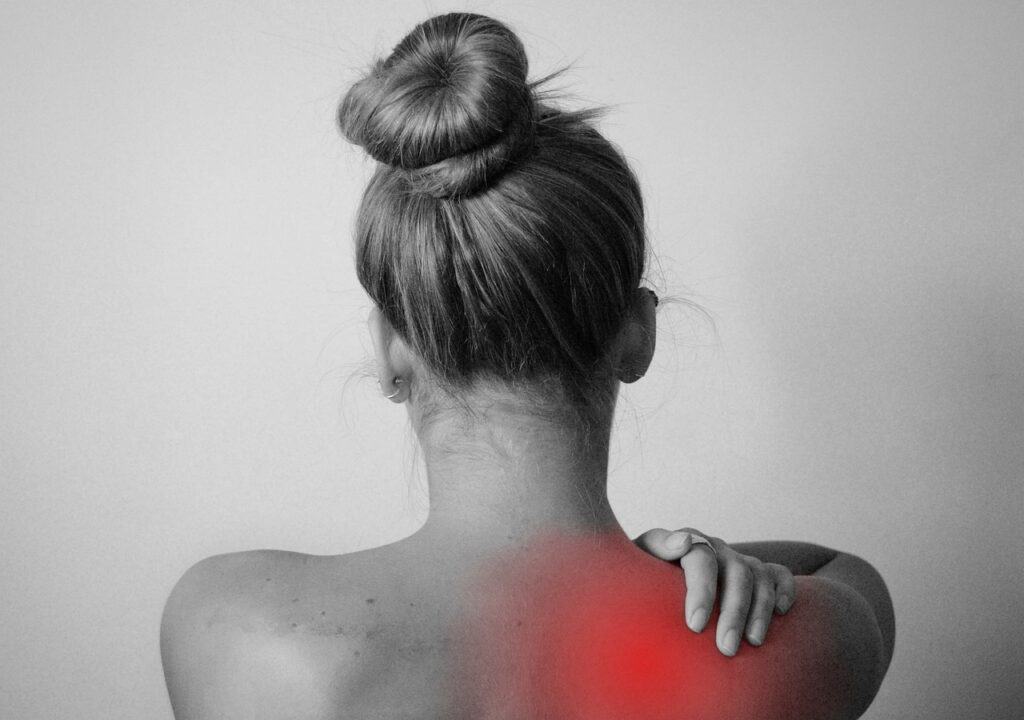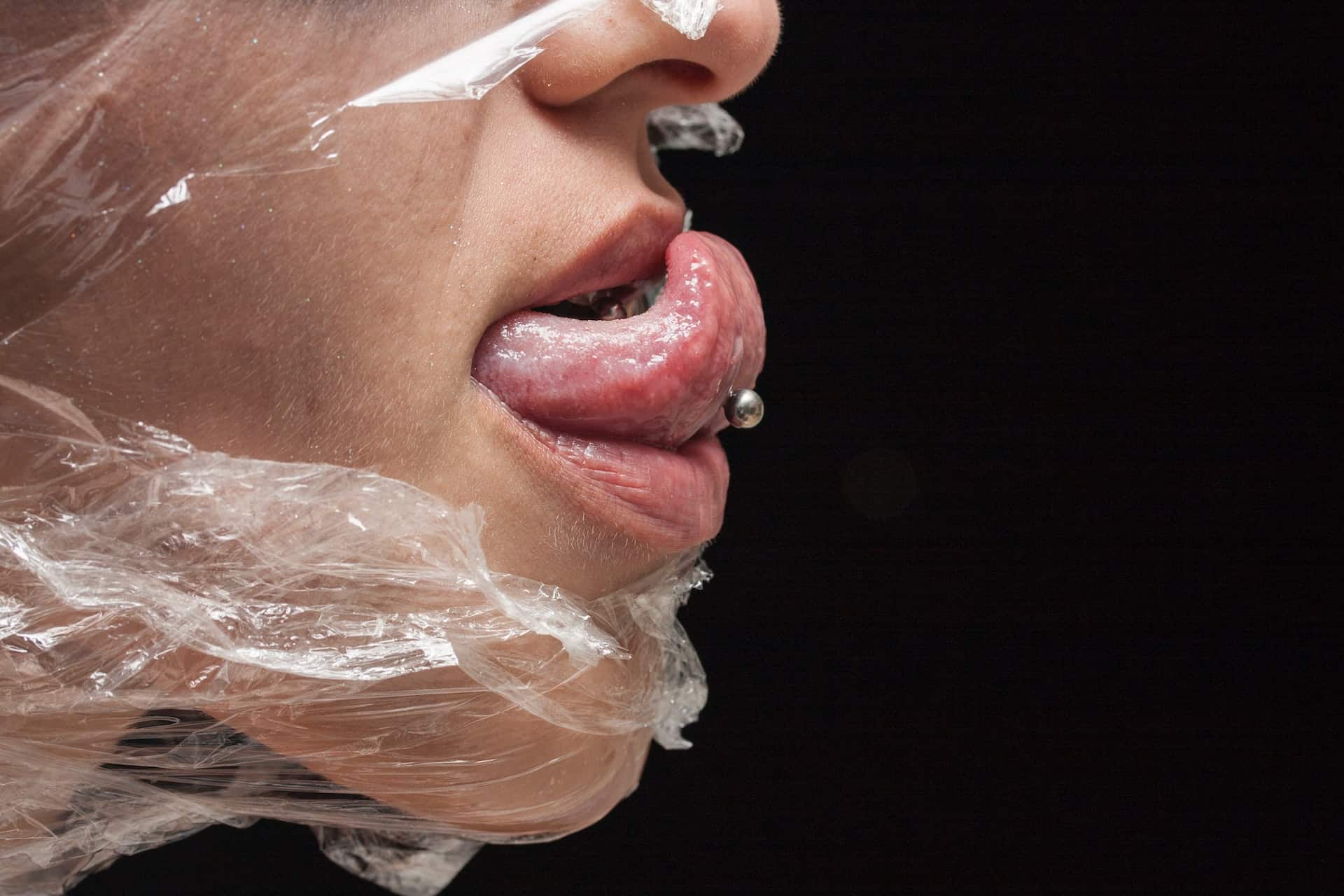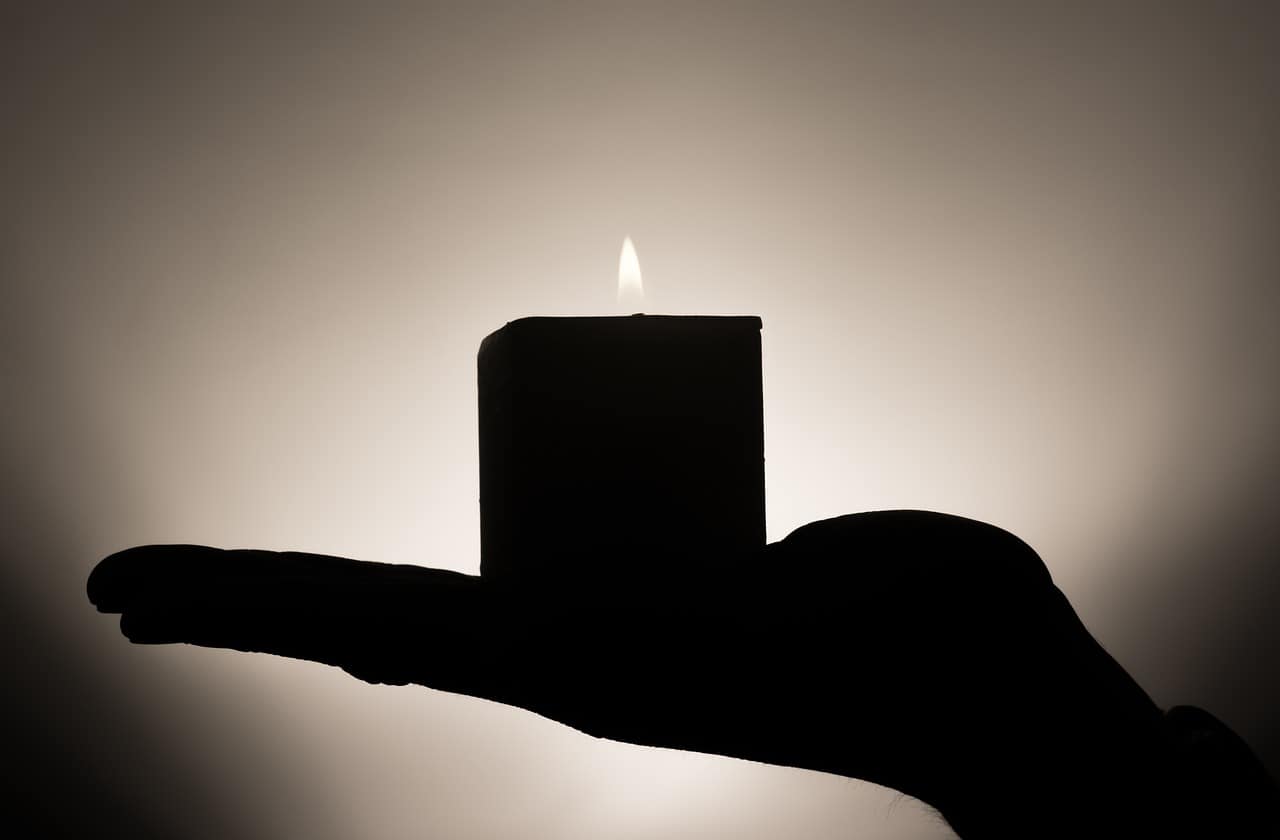Almost everyone has had a sunburn at least once in life. In fact, during summer, almost all of us often use sunscreens to avoid sunburns. But, is it possible to get a moonburn?
Moonlight is typically reflected rays by the sun. Therefore, if the sun can cause sunburns, then why not moonburn? Fortunately, no matter the brightness of the moon, you cannot get a tan from the moonlight. Even a long time of exposure to moonlight will not result in moonburn.
Tanning is experienced when you expose yourself to sunlight for a long time. However, some factors determine the effect of the sun on an individual. For instance, dark skin tone is highly tolerant to sunburns. The skin produces melanin to defend the body from ultraviolet rays.
The rays from the moon are not enough to affect melanin. On the other hand, prolonged exposure to ultraviolet rays directly from the sun may lead to sunburn. However, the amount of sunburn depends on the individual skin.

Can You Get Moon Burn?
Sun rays that are reflected by the moon to the earth in the form of moonlight cannot cause sunburn. The only reason we see the moon is because it reflects rays from the sun. The moon is not a star and does not produce any light.
Therefore, only a tiny amount of light reaches the earth’s surface from the moon. Moonlight cannot cause any tan on your skin and cannot lead to any form of skin cancer. The earth receives 500 thousand less light intensity from the moon than from direct sunlight.
Moreover, the light from the moon does not have significant UV radiation. Since the moon does not have its own light, the amount of lunar light reaching the earth is meager.
Some people claim to have moonburn after camping in the moonlight for many hours. Most probably, the burn is not from the moonlight. People with sensitive skin can experience a rash due to an allergic reaction from an insect bite or something else.
Can Parabolic Mirrors Cause Moon Burn?
Using technology, we can harness the light from the moon and use it to generate energy. For instance, using parabolic mirrors, we can collect the light from the moon and concentrate it in a solar panel. Such light can burn you.
In fact, there are parabolic mirrors sold online that can be used to concentrate moonlight. However, they are big and can only focus light on a small spot. Therefore, you can get a moonburn using such a solar furnace.
As such, you cannot get burned by the moon unless the power is harnessed. This process is expensive, and it is not practical.
Can You Get Sunburnt At Night?
Most people associate sunburn with daytime. People have the misconception that sunscreen should only be applied during the day when the sun is bright. However, you can still have sunburns in the late evening hours. In some places, the sun is out, even during the early night.
The likelihood of your skin getting burnt by the sun relies heavily on the UV index. The index is a scale that measures the intensity of UV radiation. It’s a scale that indicates the intensity on a 1-10 scale. The UV intensity during the early night and overcast is generally minimal.
However, getting sunburn at night is not common and may depend on some factors. Firstly, the location of the place.
During summer, some areas have longer days than night. A phenomenon referred to as summer solstice. The sun can be high in the sky at 9 pm.
In such a place, it would be best if you put on sunscreen to prevent getting sunburn. However, most places have regular nights, especially those close to the equator.
But it’s not uncommon to have the sun out in the early nights. Therefore, you need to protect your skin if you live in a place that experiences sunlight during the early night.
Also, people with sensitive skin experience sunburn more than other people. In addition, the skin tone determines if a small amount of UV radiation can cause damage to your skin.
Therefore, understanding your skin tone is essential when it comes to preventing sunburn during the daytime and early nights.
Is Moonlight Good For Skin?
Although moon bathing is a new thing that is being embraced currently, it has been practiced for many years. Some cultures in ancient Egypt and China associated their life with the moon’s cycle. Moon bathing has been associated with many health benefits, including managing stress, migraines, fertility, and skin problems.
Basking in the moonlight is sometimes prescribed to people with anxiety and stress. When the rays hit the skin and the glare of the full moon, you will feel elevated and more positive. Moonlight helps people recover from skin conditions such as acne. However, this cannot be scientifically proven.
Nonetheless, using skin products and moon bathing activates hydrating components in your skin. Therefore, the healing process of inflammation or redness on your skin will be quick.
Importantly, moonlight helps us to have an inner balance. Therefore, regular moon baths will help you have a positive attitude and manage anxiety and stress. It is also suitable for the skin, especially if you have inflammations.
Here’s a video where a couple claims to have been benefited due to moonlight:
Does Moonlight Have UV
The sun is millions of kilometers away from the earth. However, its rays still shine bright on the earth. The sun has a component of light referred to as UV radiation. The moon reflects the rays from the sun as moonlight.
The radiation is in the form of photons or electromagnetic rays. Therefore, since the sun has UV radiation, some of it reaches the earth during the night as a result of reflection. However, the UV radiation that reaches the earth is much smaller as compared to that from the direct sun.
Notably, the moon only reflects a percentage of sunlight, about 5 -10 percent. Therefore, the amount of UV present on a full moon is very minute. It will not affect your skin.
Final Thoughts
The moon is the largest observable mass during the night. A full moon has a way of refreshing our minds and raising our spirits. It is the reason moon bathing is gaining popularity among people, especially those that embrace natural remedies for healing our bodies.
The moon reflects the rays from the sun, and therefore the amount of UV is insignificant. In this case, you won’t get a moonburn on a full moon night. Since the moonlight has positive effects on your body, go out camping and enjoy the full moon.





